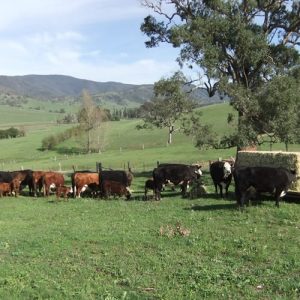Why refinance can have risks.
Refinance risks can vary, depending on a wide variety of circumstances. That is because a person who is refinancing is sometimes under more pressure than before. If refinance is not arranged within a specified timeframe, the existing bank could threatening receivership, appoint a manager or foreclosure and sale at auction. The borrower is looking for loan relief.
The best way to deal with that problem is to turn the tables on the bank from whom one is refinancing, by researching its behaviour to identify where it broke the law, the code of conduct or fair trading laws and then sitting down and telling it some home truths about what happens when you raise that by Votergram to some 225 Federal Politicians
Assessing refinance risks by comparing loan repayments against farm profit
“Generally, farmers’ confidence in the agriculture sector drives the demand for debt to fund land and capital acquisitions,” a banker said recently. The average farm profit was reported as $29,000. While many small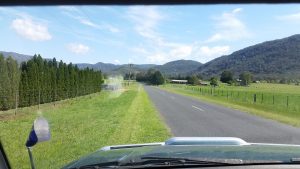 businesses are not so vulnerable to weather and commodity prices, many are with our major cities somewhat dependent on beach weather. Recent floods have devastated many businesses. Often such disasters dramatically reduce the security value of a mortgaged property. That is the ideal time to start gentle negotiations for the bank to write off a good bit of the debt. When the debt is reduced, the chances of refinanced are enhanced. Those who have played their cards right will often find themselves refinancing a much smaller debt. That is converting risk into advantage.
businesses are not so vulnerable to weather and commodity prices, many are with our major cities somewhat dependent on beach weather. Recent floods have devastated many businesses. Often such disasters dramatically reduce the security value of a mortgaged property. That is the ideal time to start gentle negotiations for the bank to write off a good bit of the debt. When the debt is reduced, the chances of refinanced are enhanced. Those who have played their cards right will often find themselves refinancing a much smaller debt. That is converting risk into advantage.
A Borrower’s Budget
It is vital for farmers and business operators to find out exactly how many dollars a year they will pay in loan repayments. Then compare that to their budgets. Make certain that the budget reflects the current reality rather than a fairy tale invented for a bank. Loan repayments and interest have to come out of profit. It is rash to think that the farm loan or the business loan will produce extra net profit. It often does no such thing and even if it does, it usually takes a few years to do so. A borrower’s budget is their best friend. It should regularly compared with the same period in the previous year and the actuals in the present year.
There is usually a big difference between the total income or turnover of the enterprise. Profit is the bit left after expenses. Loan repayments must be made from Profits. Don’t be misled by turnover!
Refinance Options
The problem is that a even a loan refinance can quickly turn into a debt trap. This can happen with a couple of bad years if the economy crumbles or flood waters cut business. My first reaction when confronted with refinance or even original loans has always been to see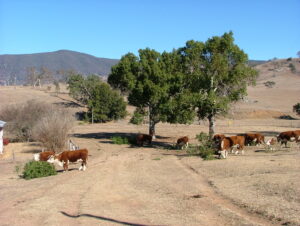 if it is possible to achieve the same result without borrowing from a bank.
if it is possible to achieve the same result without borrowing from a bank.
Over the years, I have shown farmers a variety of alternatives, from savings, to interest-free loans and trade-offs.
Assets can be acquired without getting the bank involved. Publicised interest rates and charges are not the best that can be achieved when borrowing. Offers of special rates and reduced charges requires negotiation. Those wanting to borrow on best terms and conditions, the “FarmloanSeeker” or “FLS” targets an enquiry to a range of banks. It is an easy way to check out what is available. Then negotiate the very best and cheapest loan possible.



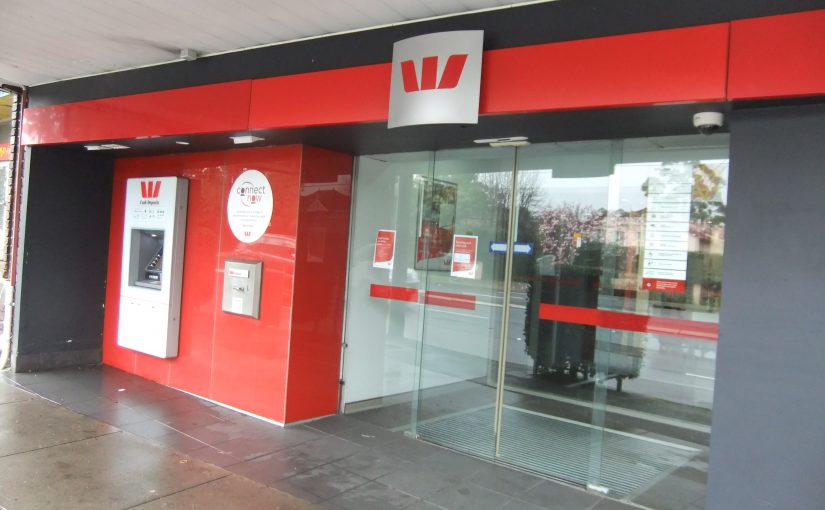
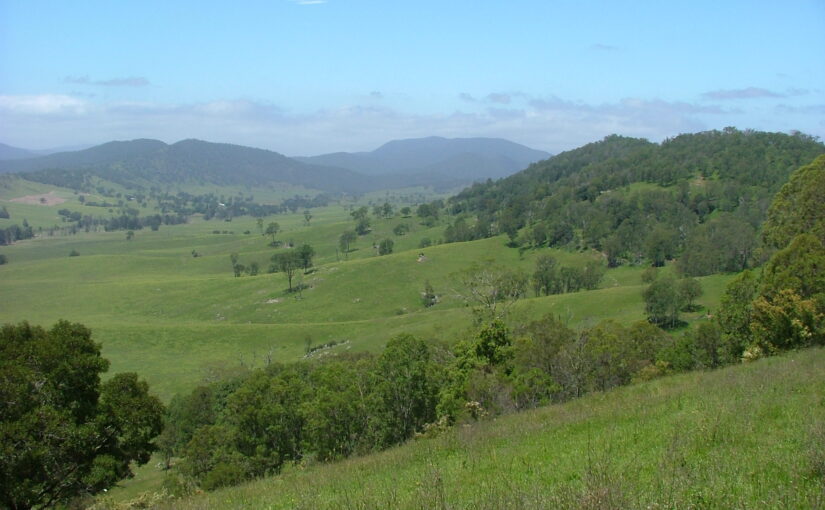


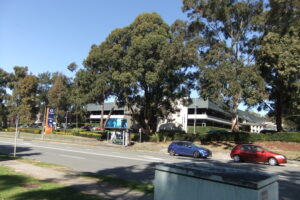

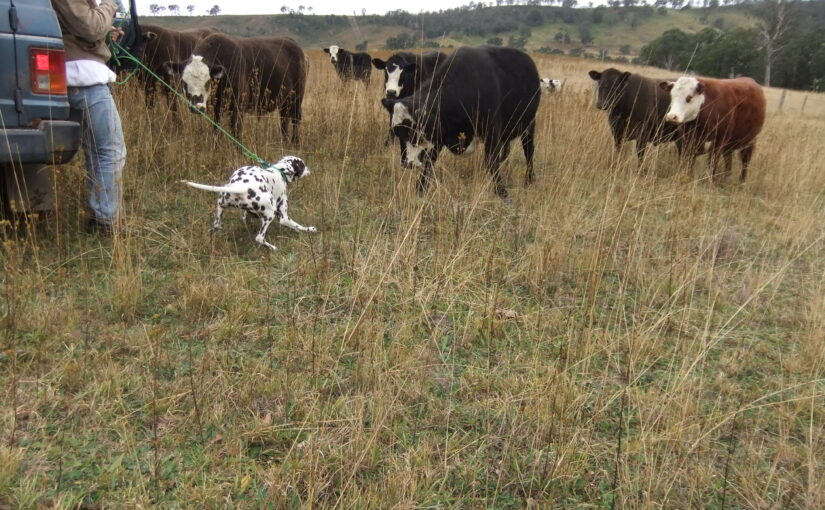

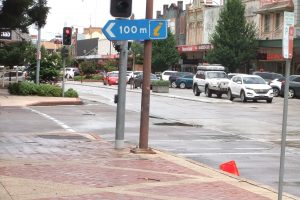 How can any small to medium sized business or farmer be properly served by a mortgage loan broker who is paid substantial commission by a bank and knows little about business or farming?
How can any small to medium sized business or farmer be properly served by a mortgage loan broker who is paid substantial commission by a bank and knows little about business or farming?